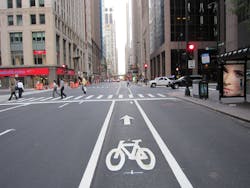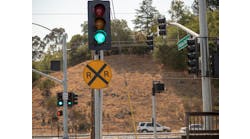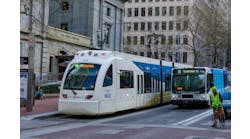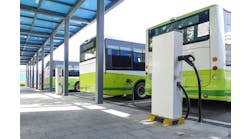A report issued Wednesday by the Southwest Energy Efficiency Project and the CoPIRG Foundation calls for the state of Colorado to invest $1.05 billion annually in transit, bicycle and pedestrian improvements for the next quarter century.
The recommendations in the report include spending more than $573 million a year for transit, including the launch of 14 new bus rapid transit routes; nearly $230 million annually to build bike trails and shoulders and expand bike-share programs; and approximately $243 million a year to construct 6,000 miles of new sidewalks and make repairs to 8,600 miles of existing ones.
Authors of the report said that adding more opportunities for biking, walking and bus and train use statewide could help Colorado households ditch a car, saving themselves more than $8,500 a year in maintenance and operation costs.
The pressure to come up with alternatives to vehicle travel will only increase in the next 25 years, a period during which an additional 2.4 million people are projected to move into Colorado, according to the report.
The report breaks down the state’s needs into three broad categories: those moving by foot, those traveling by bike and those riding the train or bus. Jill Locantore, policy and program director for WalkDenver, said the annual allotment of $243.6 million eyed for sidewalk construction and repair would most benefit low-income areas in the metro area, where investment in pedestrian improvements has lagged.
On the cycling side, the report suggests that $229.5 million a year would be needed to build regional routes connecting communities across the state, ensure safe shoulders on rural roads and bring trail systems in every city up to the standards of the best communities in Colorado.
In the transit category, the report calls for a total of 14 new bus rapid transit lines for the Denver metro area, where transportation planners characterize several busy corridors as underserved. It also urges the completion of the Regional Transportation District’s (RTD) North Metro Rail Line and the Central and Southwest Rail Extensions, as well as pushing for fare-free access to RTD’s current services in order to increase ridership.



